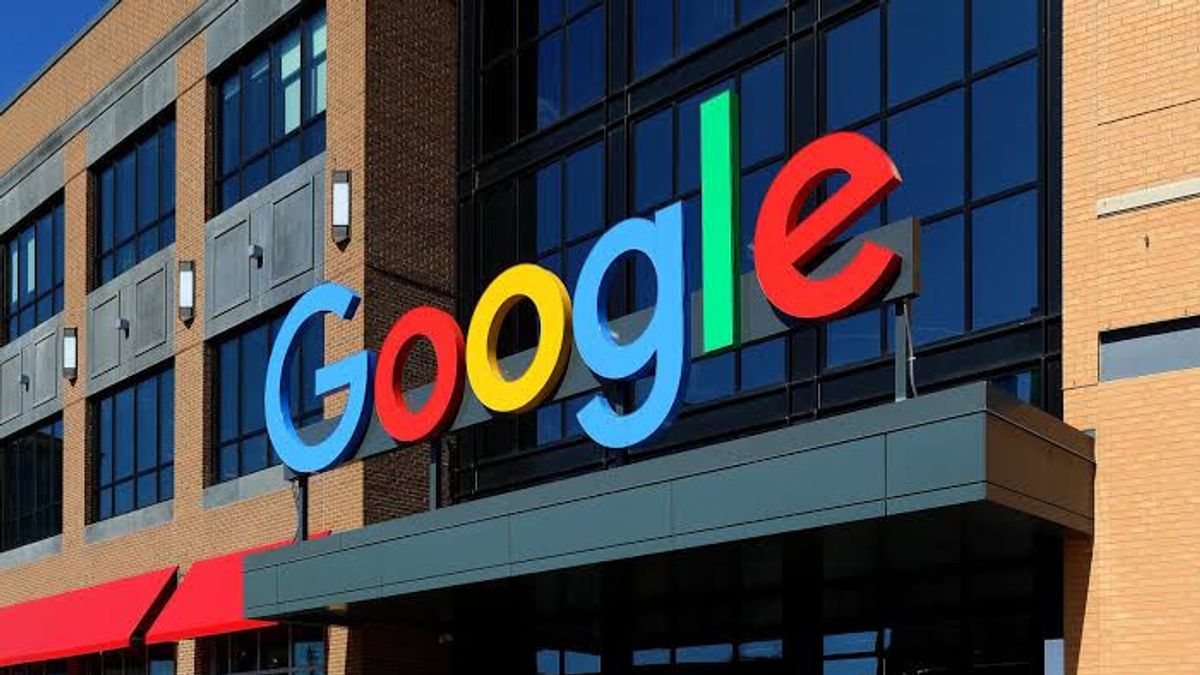JAKARTA - For some people, advertisements that appear suddenly on YouTube videos must be disturbed. Unlike the content creators who deliberately put ads or advertisements in order to get money (money).
But somehow, Google is starting to take into account to limit the number of ad views on YouTube videos. Even Google will block ad impressions that appear on YouTube video uploads with a duration of less than 8 minutes.

Quoting from The Verge, this decision was taken after looking at the results of research to determine the type of advertisement that was annoying to YouTube video content. They say that the 31-second non-skippable pre-roll ad at the start of the video, or the skippable ad in the middle of the video is the version of the ad that people hate the most online.
"We want to develop new standards in ad serving so that it is better and does not interfere with video content. This is based on research from 45,000 consumers worldwide," wrote Google in the Chromium blog, Thursday, February 6.
Google plans to start limiting annoying ad impressions on YouTube by default, on August 5, 2020. Later Google will see the response from YouTube users regarding ad placement that will not interfere with the video that is being watched.
It should also be recognized that the largest revenue content creators and Google, through ad serving embedded in YouTube videos. Even within a year YouTube can generate 15 billion United States (US) dollars in 2019.

Although ad impressions can be blocked directly by users, with extensions from third parties. Moreover, it does not rule out that using third-party applications is also not very safe, because Google recently discovered malware in ad impressions.
"We've seen ad blocking rates in North America and Europe go up significantly in Chrome," said Chrome product manager Jason James.
For the convenience of its users, Google will also promise several other changes in the near future. Starting from the Chrome browser page which will also block pop up ads without prior notification or permission.
In addition, Google will also change several settings on its Chrome browser page via a cookie setting dubbed SameSite. Of course, these changes and Google's new policies will be very helpful for YouTube users to overcome annoying ad displays.
The English, Chinese, Japanese, Arabic, and French versions are automatically generated by the AI. So there may still be inaccuracies in translating, please always see Indonesian as our main language. (system supported by DigitalSiber.id)












